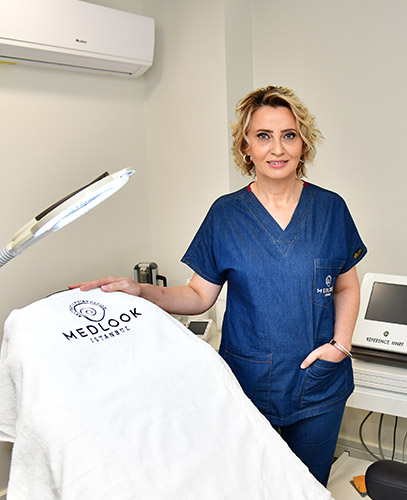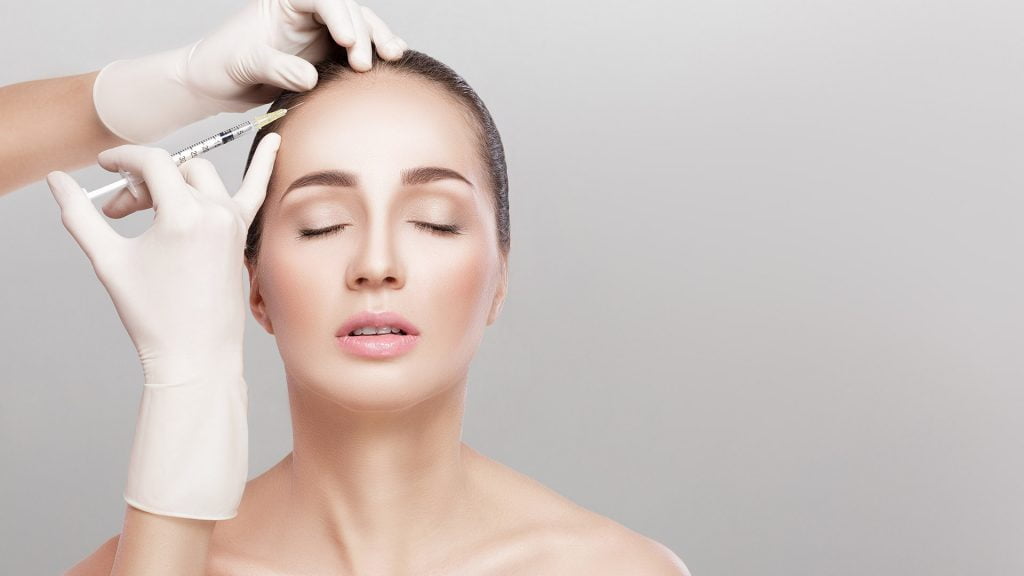
Hair loss is a common problem that affects both men and women, often deeply impacting confidence. Fortunately, there are various hair treatments available today to prevent hair loss and stimulate new hair growth. Among these, mesotherapy and PRP (Platelet Rich Plasma) therapy have gained significant attention recently.
But which of these two popular methods might be more suitable for you? Which offers a more effective solution for stopping hair loss and promoting new hair growth—mesotherapy or PRP?
In this article, we will provide a detailed comparison of mesotherapy and PRP treatments, discussing their advantages and disadvantages. We’ll also explore which treatment works better under specific circumstances and provide detailed information about these treatments offered at the Istanbul Hair Institute. This way, you will have the necessary knowledge to make the best decision regarding your hair loss issue.
Mesotherapy vs. PRP: Which Treatment Is Better for Hair Loss?
Hair loss can result from various factors, including genetics, hormonal imbalances, stress, poor dietary habits, and certain medical conditions. Fortunately, several treatment methods have been developed to address this issue and encourage hair regrowth. Among the most preferred treatments are mesotherapy and PRP (Platelet Rich Plasma).
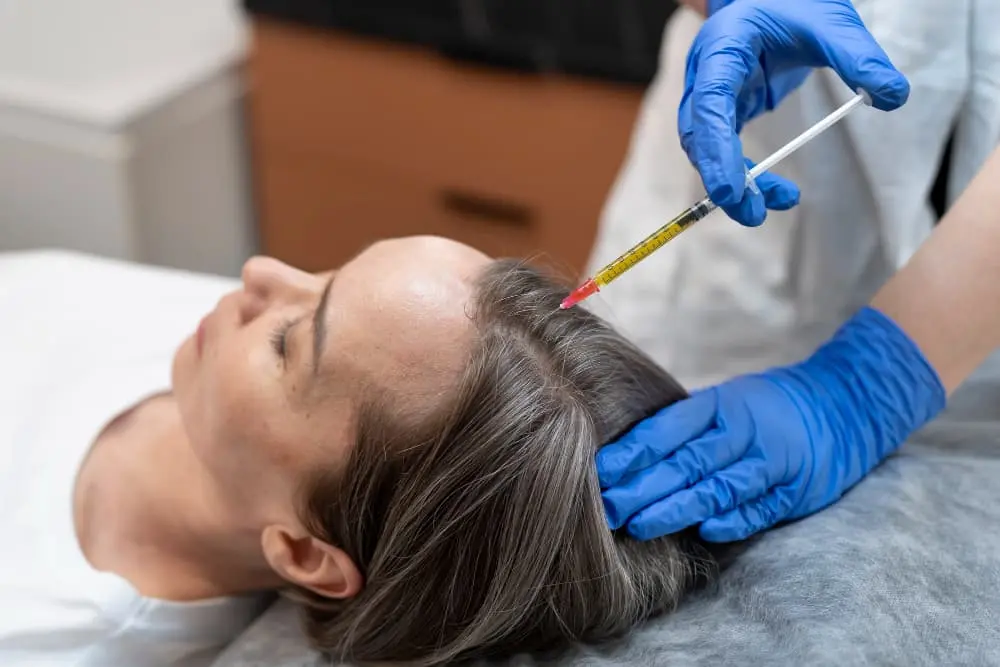
Mesotherapy involves injecting nourishing substances like vitamins, minerals, and amino acids into the scalp. This strengthens the hair follicles, improves scalp blood circulation, and supports new hair growth. It can be effective for various types of hair loss in both men and women.
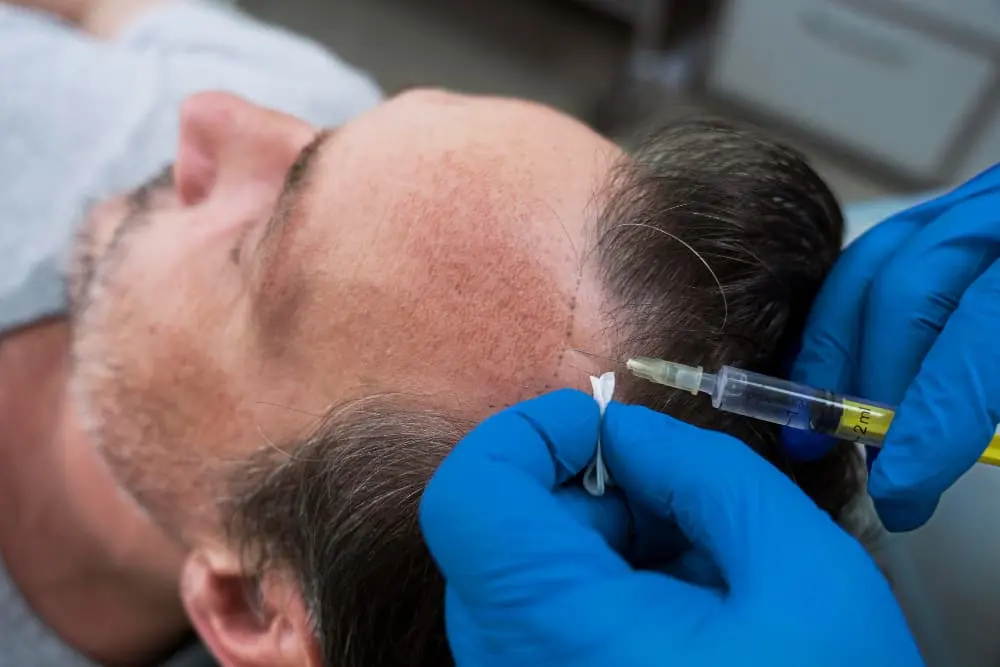
PRP therapy uses plasma rich in platelets, extracted from the patient’s own blood, and injects it into the scalp. Platelets stimulate the hair follicles, promoting faster and healthier hair growth. PRP is known for its effectiveness in reducing hair loss, thickening hair strands, and accelerating hair growth.
Both treatments are minimally invasive and are generally performed under local anesthesia. Mesotherapy and PRP are both effective in stopping hair loss and promoting new growth, but determining which treatment is right for you depends on the cause, severity of the hair loss, and your hair type.
Differences Between Mesotherapy and PRP
There are significant differences between the two methods. Understanding these differences can help you choose the treatment that is most suitable for you.
Differences in Content
- Mesotherapy: Involves injecting various vitamins, minerals, amino acids, antioxidants, and sometimes other active ingredients directly into the scalp to nourish the hair follicles. This helps strengthen the hair follicles, improve blood circulation, and reduce hair loss.
- PRP: Uses platelet-rich plasma derived from the patient’s own blood. The growth factors in this plasma stimulate the hair follicles, promoting faster and stronger hair growth.
Application Method
- Mesotherapy: Nutrient-rich solutions are injected into the scalp at specific intervals using fine needles, delivering nutrients directly under the skin.
- PRP: A small amount of blood is drawn from the patient, which is then processed in a centrifuge to obtain platelet-rich plasma. This plasma is then injected into the scalp.
Mechanism of Action
- Mesotherapy: Aims to nourish the hair follicles directly, making them stronger and reducing hair loss. It also enhances blood circulation, promoting healthier hair growth.
- PRP: Works by stimulating hair follicles through the growth factors it contains, encouraging the regeneration of hair cells. This leads to stronger and denser hair growth.
Number of Sessions and Treatment Duration
- Mesotherapy: Typically planned as 4 to 8 sessions, with sessions spaced 2 to 4 weeks apart. The treatment plan can be customized based on the individual’s hair loss condition.
- PRP: Generally involves 3 to 6 sessions, with intervals of 4 to 6 weeks between sessions.
Possible Side Effects
- Mesotherapy: Mild side effects like redness, swelling, or bruising may occur after the treatment. These effects usually resolve on their own in a short time.
- PRP: Similar side effects can occur, but they are typically milder and short-lived.
Advantages and Disadvantages of Mesotherapy
Mesotherapy is quite a popular method for treating hair loss, with its own unique pros and cons.
Advantages
- Natural Ingredients: The solutions used in mesotherapy typically consist of natural components like vitamins, minerals, and amino acids, which provide essential nutrition to the hair follicles.
- Quick Results: It can offer rapid results in stopping hair loss and promoting new hair growth.
- Easy Application: The procedure, performed using fine needles, is generally comfortable with minimal discomfort.
- Customized Treatment: The treatment can be tailored to the individual’s needs and reasons for hair loss. A personalized mix can be prepared for each person.
- Combined Use with Other Treatments: Mesotherapy can be combined with other treatments, like hair transplantation, to enhance the effectiveness of the overall treatment.
Disadvantages
- Temporary Effect: The effects are not permanent, and regular sessions are required for lasting results.
- Risk of Infection: Although rare, there is a risk of infection at the injection sites.
- Allergy Potential: Some individuals may have an allergic reaction to the ingredients used in mesotherapy.
- Cost: It may be more expensive than PRP, especially in the long term.
When Is Mesotherapy Effective?
Both methods have their advantages, but deciding which treatment is more suitable depends on the cause of hair loss and the individual’s hair characteristics.
Mesotherapy may be more effective in the following situations:
- Early Stage Hair Loss: If hair loss is in its initial stages or involves mild thinning, mesotherapy can provide better results.
- Hair Loss Due to Nutrient Deficiency: Mesotherapy is quite effective against hair loss caused by nutritional deficiencies by providing direct vitamin, mineral, and amino acid support to the hair follicles.
- Stress-Related Hair Loss: Stress is a major cause of hair loss. Mesotherapy helps alleviate stress-induced hair loss by improving blood circulation in the scalp and nourishing the hair follicles.
- Scalp Issues: It also has a healing role in scalp issues like dandruff, eczema, or psoriasis, supporting the overall health of the scalp.
- Post-Hair Transplant Care: It can be used to support the healthy growth of transplanted hair, increasing the chance of successful growth and adaptation.
Advantages and Disadvantages of PRP Therapy
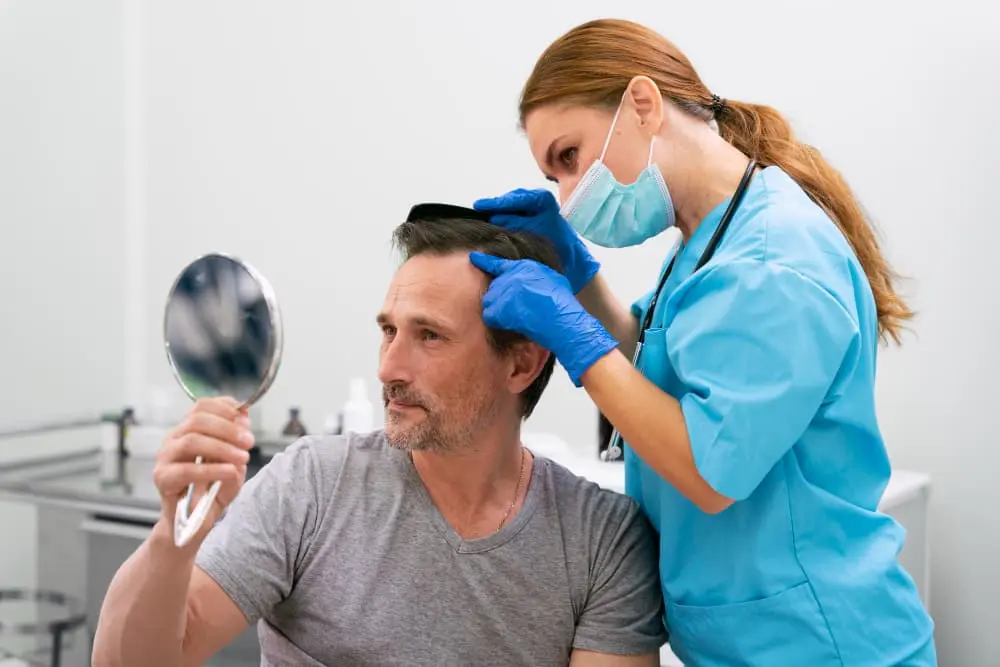
PRP also comes with its own advantages and disadvantages.
Advantages
- Natural and Safe: PRP is extremely natural since it is derived from the patient’s own blood, reducing the risk of allergies or foreign body reactions.
- Effectiveness: It is effective in stimulating hair follicles, reducing hair loss, and accelerating hair growth.
- Longer-Lasting Results: The benefits of PRP tend to last longer compared to mesotherapy, resulting in fewer treatment sessions needed.
Disadvantages
- Longer Procedure: The process of drawing blood, processing it to extract plasma, and re-injecting it into the scalp takes longer compared to mesotherapy.
- Multiple Sessions Required: To see the full effect of PRP, multiple sessions are necessary, which may lengthen the treatment period.
When Is PRP Effective?
PRP therapy has become highly popular in recent years for combating hair loss. It may be particularly effective in the following cases:
- Genetic Hair Loss: PRP can yield excellent results for hair loss caused by genetic factors, such as male-pattern hair loss (androgenetic alopecia) or female-pattern hair loss.
- Hormonal Changes: PRP is a good option for hair loss due to hormonal fluctuations, such as those experienced during menopause or after pregnancy.
- Thin and Weak Hair Strands: PRP can help thicken and strengthen weak hair strands, resulting in healthier hair.
- Combined Use with Hair Transplants: Using PRP before or after a hair transplant can boost the success of the procedure and speed up recovery.
Which Treatment Is Right for You?
Mesotherapy and PRP both offer effective solutions for hair loss, but deciding which method is right for you depends on factors such as the cause and severity of hair loss, as well as your personal expectations. Therefore, it is essential for individuals dealing with hair loss to consult with a specialist to determine the most suitable treatment option.
Recent Posts
-
 Effective Solutions for Seasonal Hair Loss: What Treatments to Consider04 Feb 2025
Effective Solutions for Seasonal Hair Loss: What Treatments to Consider04 Feb 2025 -
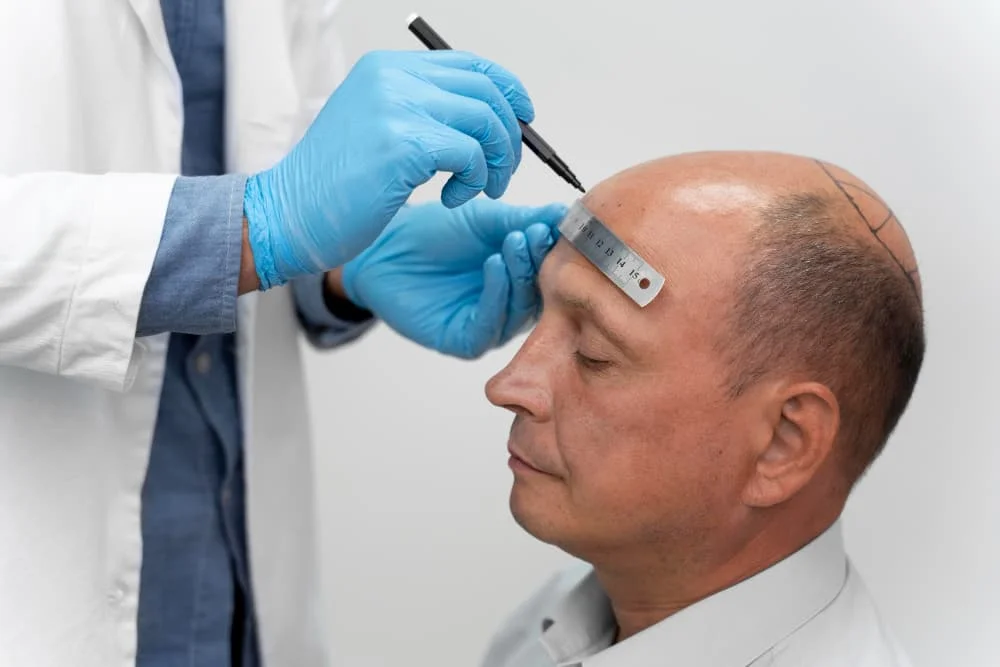 Does the Density of Hair Transplants Matter? Achieving a Full Look04 Feb 2025
Does the Density of Hair Transplants Matter? Achieving a Full Look04 Feb 2025 -
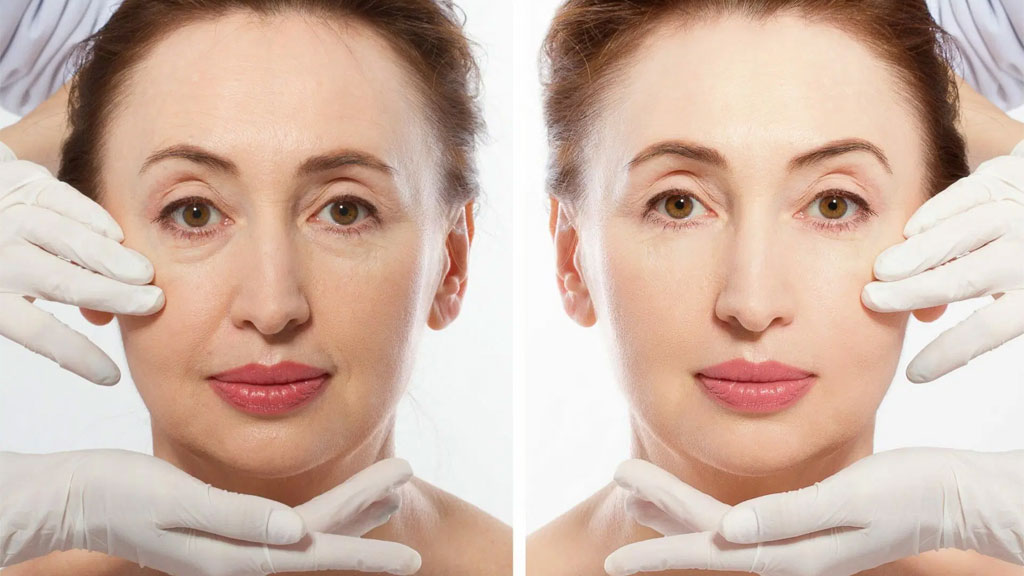 Look Younger: Mini Facelift and Neck Rejuvenation02 Feb 2025
Look Younger: Mini Facelift and Neck Rejuvenation02 Feb 2025 -
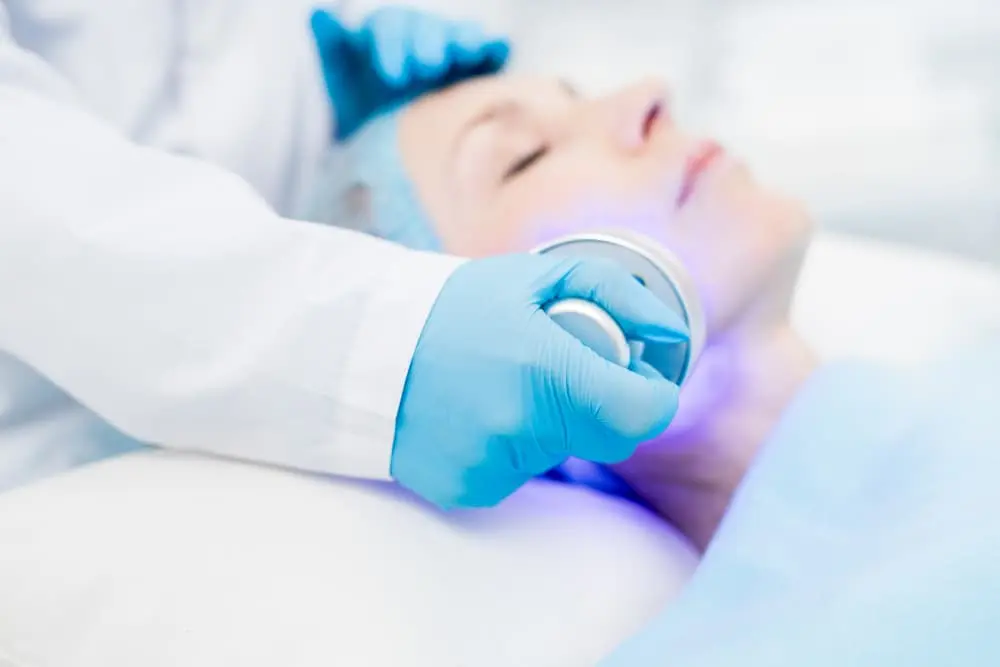 Can Ozone Therapy Really Boost Your Mood and Energy Levels?02 Feb 2025
Can Ozone Therapy Really Boost Your Mood and Energy Levels?02 Feb 2025 -
 Say Goodbye to Static: How to Get Rid of Static in Hair29 Jan 2025
Say Goodbye to Static: How to Get Rid of Static in Hair29 Jan 2025
